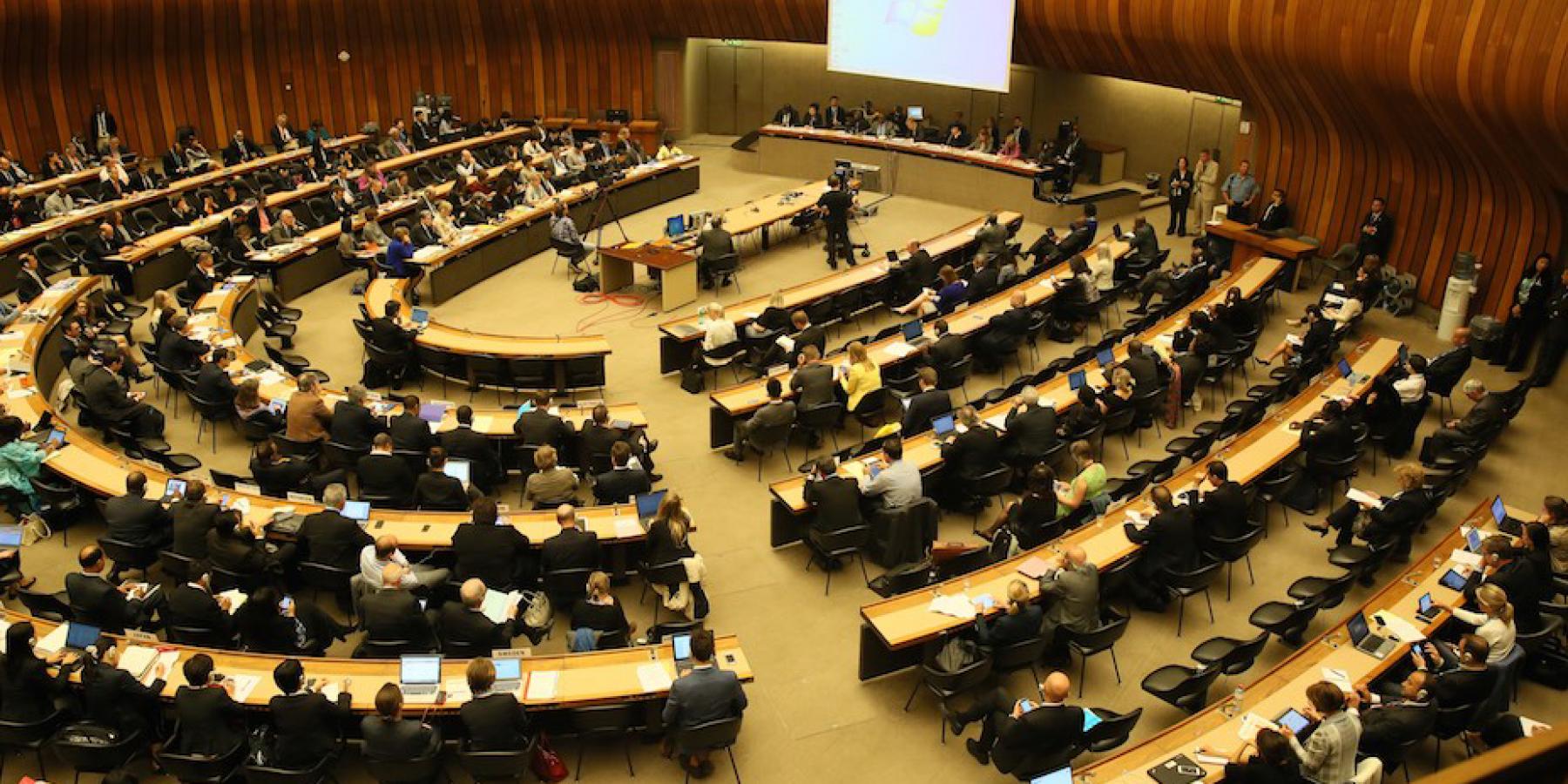58th Directing Council of the Pan American Health Organizations (PAHO)
22nd October 2020

22nd October 2020
Many key technical reports and reviews appeared only on the website and were not discussed during the session. These included the final report on the Plan of Action for the Prevention of Obesity in Children and Adolescents; the final report on the Plan of Action for the Prevention and Control of NDCs; and the midterm review for the Strategy and Plan of Action to Strengthen Tobacco Control in the Region of the Americas 2018-2022, all which can be found here.
Condolences were mentioned by many speakers given that there have been more than 16 million COVID-19 cases in the region and 544,000 deaths.
Dr Carissa Etienne, PAHO’s Director-General, noted that the pandemic has highlighted the region’s inequities. Many spoke about the solidarity exhibited by governments and institutions in the front lines of this crisis—a crisis that now combines health, economy, and climate. As if these crises were not enough, PAHO continues to report a financial shortfall that has meant hiring freeze, reducing expenses, and another belt-tightening. Despite this financial situation, PAHO has accelerated digital transformation, telework, efforts to reduce healthcare disruptions, procurement of essential supplies and meds for member countries, elimination of NCDs, and encouraging countries to implement Universal Health Coverage.
Civil society had reduced participation at this virtual meeting. Many spoke to the need to include people living with NCDs in the response to COVID-19, including specific references to NCDs in COVID-19 national plans, strengthening primary care and access to supplies and medicines. Given the virtual format, missing were the opportunities for civil society to have informal discussions with Ministers of Health and their representatives.
On the behalf of NCDA’s network, InterAmerican Heart Foundation, Framework Convention Alliance NCD Alliance and Healthy Latin American Coalition (CLAS) submitted a statement on a Strategy and Plan of Action to Strengthen Tobacco Control in the Region of the Americas. Among other things, the statement highlighted the need to take up the priority actions outlined in the midterm review as well as to continue to protect public health from tobacco industry interference, in line with article 5.3 of the FCTC.
Lastly, the statement has urged to hold unhealthy commodity industries, including tobacco companies, to account for advancing the NCD epidemic, aggravating its risk factors and its social, economic and environmental determinants.